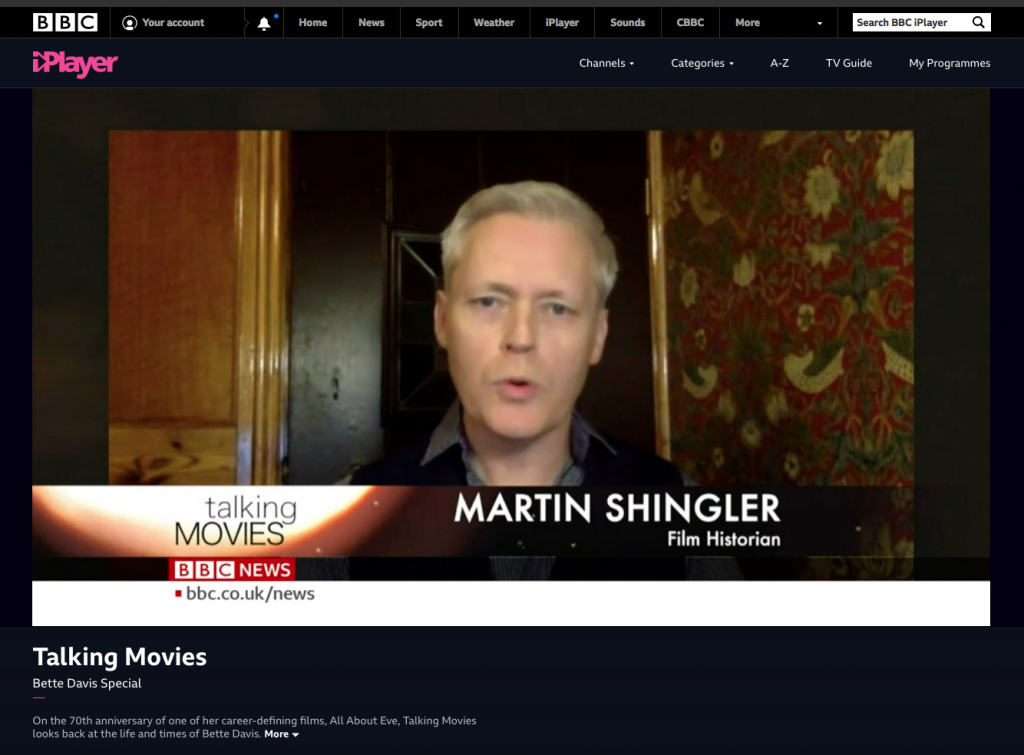
On the 20th November I had a long conversation with the media journalist Emma Jones about Bette Davis and her career for a Talking Movies special to mark the 70th anniversary of the original release of All About Eve (Mankiewicz 1950).
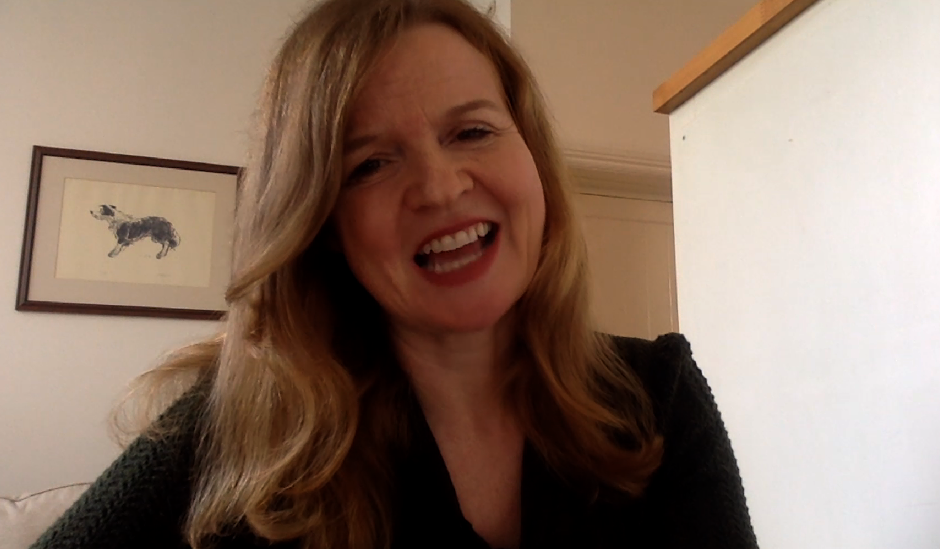
As All About Eve proved to be a lifeline for Davis after her sudden departure from Warner Bros. at the end of 1949, it’s well worth commemorating, especially since it’s one of the best movies Bette ever made, being funny and sad, clever, knowing, articulate, perfectly cast and exceptionally well acted and directed.
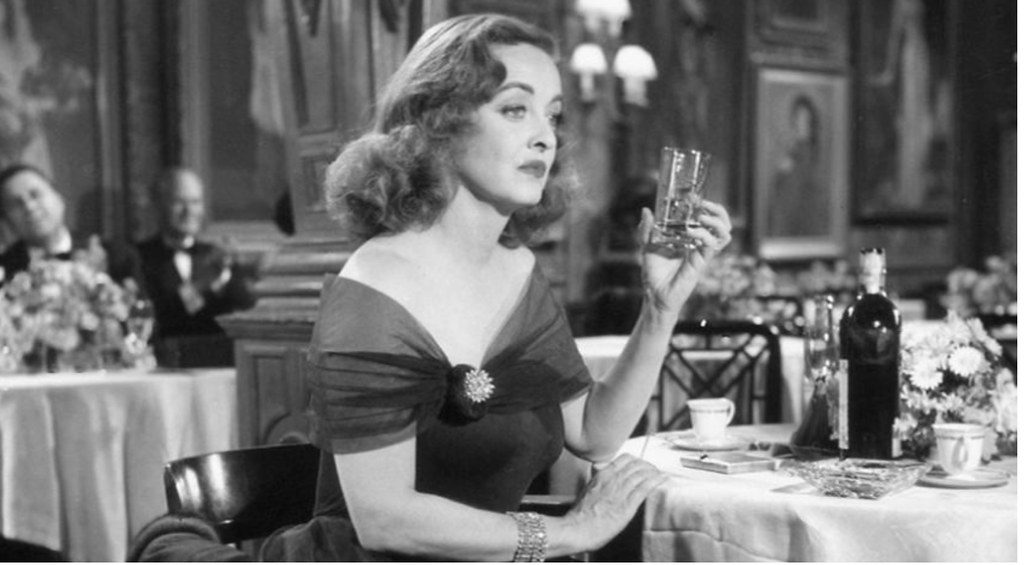
Emma and I talked for ages about Bette Davis’ long career over three separate calls that Friday morning. So I was intrigued to discover which bits of our conversation would be included in the final 25 minute programme.
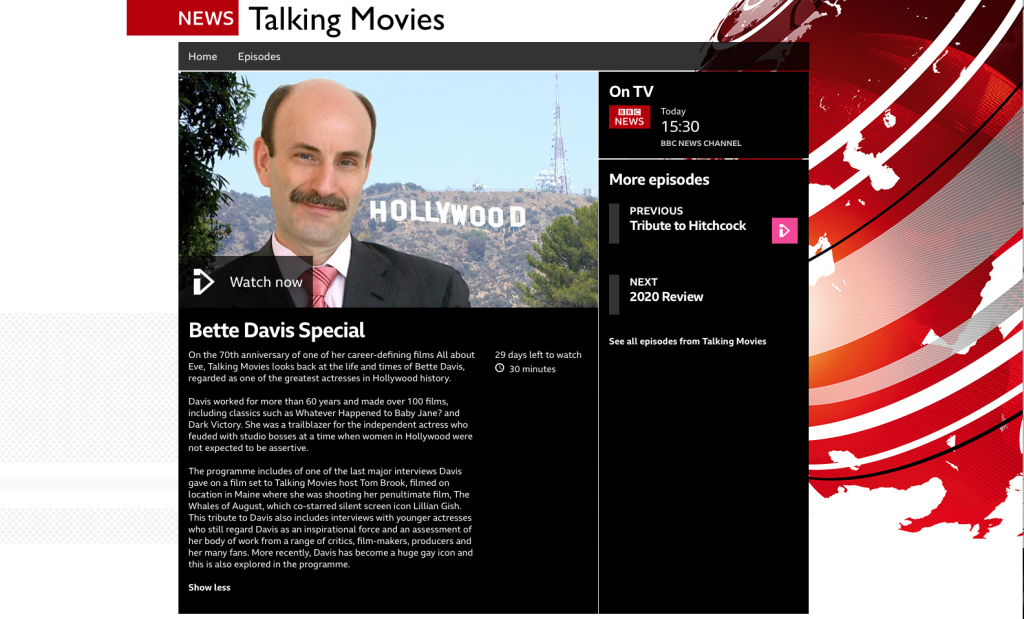
When the programme was aired on Saturday 12th December, I found that two parts of my conversation with Emma had been chosen for the final cut. The first was about the way in which Davis’ publicity changed after her appearance as Mildred in Of Human Bondage (Cromwell 1934). This was when audiences and critics discovered what an effective actress Davis could be when given half a chance to act on screen, notably during her unseemly and ferocious tirade against the film’s protagonist, played by Leslie Howard with his accustomed understatement.
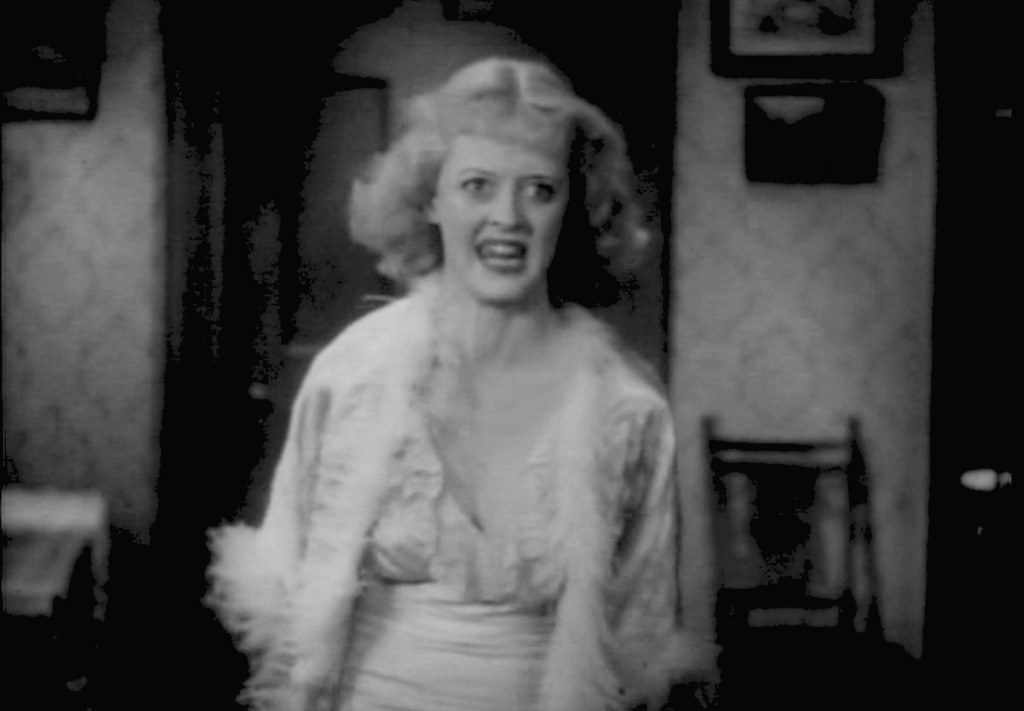
In the Bette Davis special, I talk about the way that Warner publicists abandoned their initial attempts to promote Davis as a sexy blonde vamp in 1934 and present her instead as a uniquely gifted actress, capitalising upon her newly-acquired reputation as an original acting talent.
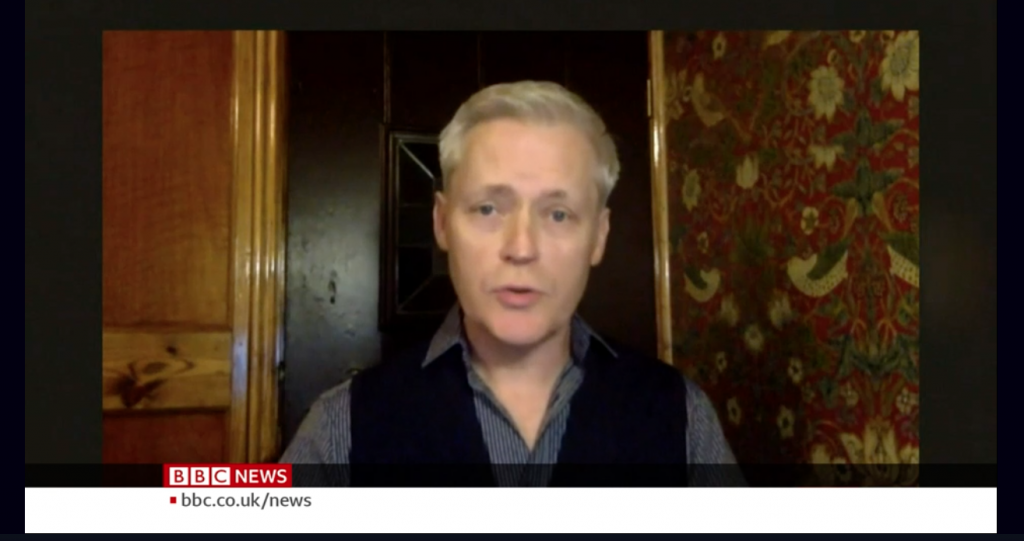
In my second appearance in the Bette Davis special (blink and you’ll miss me!), I talk about how Robert Aldrich’s What Ever Happened to Baby Jane? (1962) transformed Davis into a cult star and brought her talents into the commercially viable realms of horror, thriller and exploitation cinema.
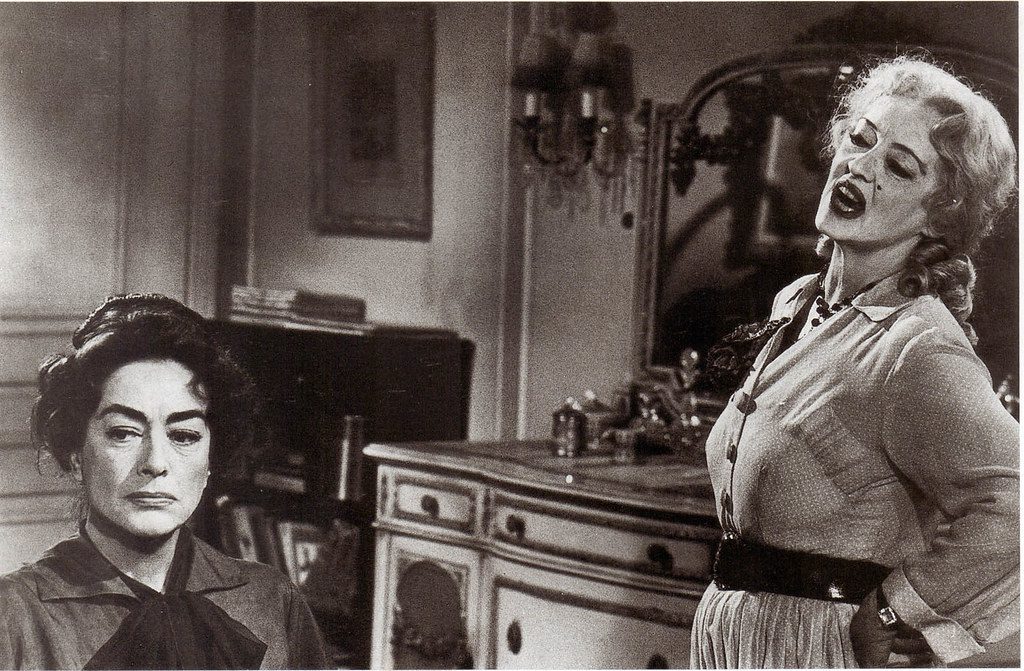
It was in this genre that so many of Hollywood’s greatest movie queens of the 1940s found lucrative (if rather embarrassing and demeaning) work in the 1960s and 1970s. Unfortunately, most underwent a whole series of a physical and psychological challenges in the process. Davis faired much better than most during this period and not only re-emerged as a bankable star but also as an Oscar-nominated one who soon took on legendary and iconic status. That was quite an achievement, one that deserves to be celebrated as no mean task, however mean Davis might be as the deranged and sadistic Jane Hudson.
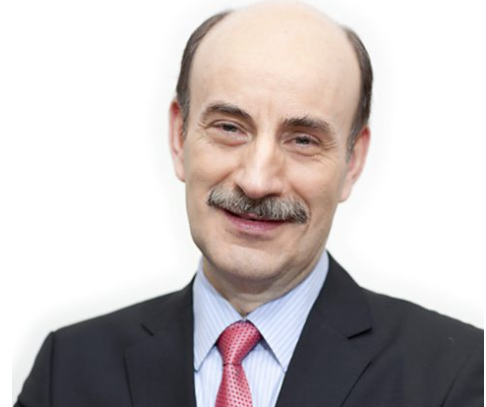
As a viewer, much of this feature fascinated me, notably the section on Davis’ various portrayals of characters suffering from mental health problems, including my own personal favourite Charlotte Vale.
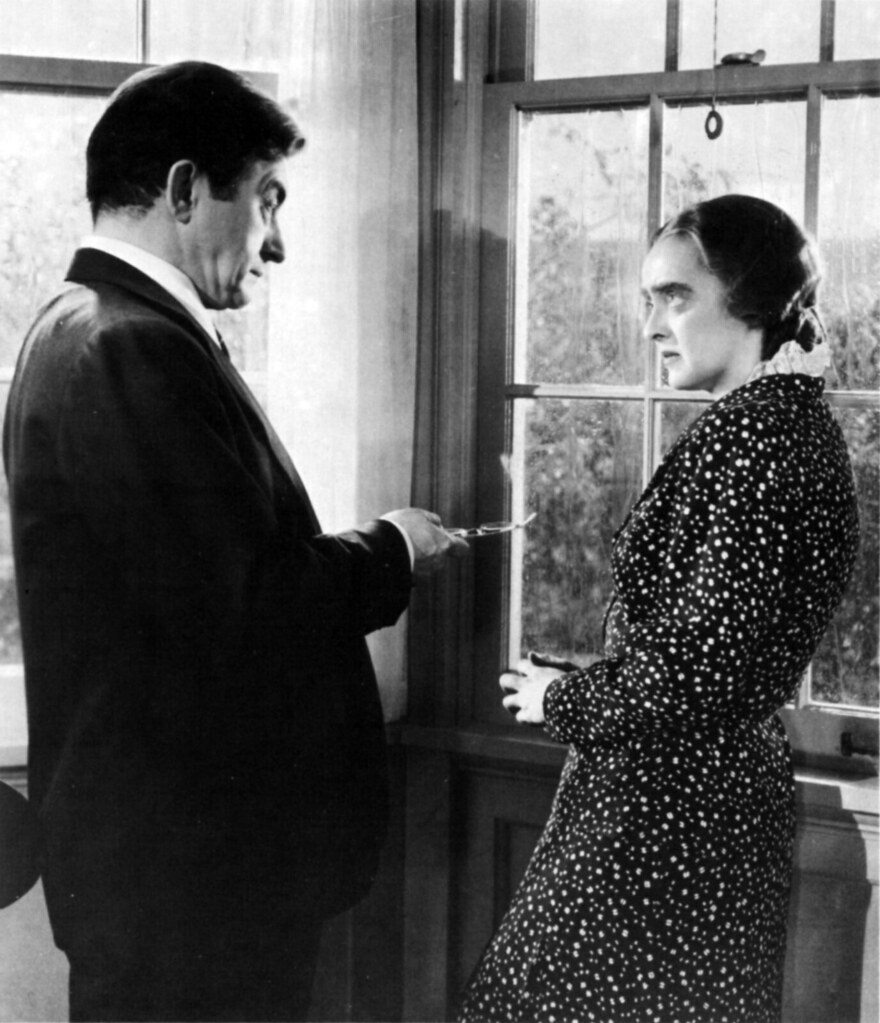
However, the highlight for me (apart from the drag queen picking wax out of her ear) was Miss Davis herself being interviewed by Tom Brook. Margo Channing could not have matched Miss Davis’ own impatience, sarcasm and the magnificently disdainful way that she responded to each and every one of the interviewer’s questions. Here was a star with no interest in ingratiating herself with journalists, one who seemingly couldn’t care less about being modest, polite or (Heaven forbid!) nice. For me, this neatly highlighted the fact that Bette Davis remained as fearsome and commanding a figure when diminished by old age and poor health as she had been at the height of her power and popularity in the late 1930s and early 1940s. Back then, she’d been called the ‘Queen of Warners’ and the ‘Fourth Warner Brother.’ Towards the end of her life, she was called a ‘legend’ and – as can be seen in her interview with Tom Brook – that wasn’t a title she was always happy to share with her co-stars.
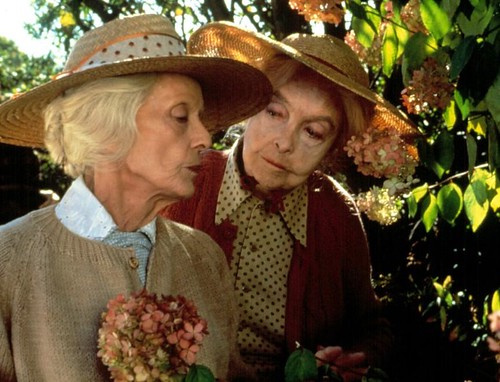
Davis’ sense of self comes across forcefully in her 1986 interview with Tom Brook, along with a spirit that refused to be broken. This, I think, makes her all the more impressive. It also made her a suitable role model for the dispossessed. So it’s no surprise that Davis gained a devoted following among marginalised sections of society in her later years. Many of these have become her staunchest fans, advocates and defenders – especially among the LGBTQ+ community – playing a major role in keeping her memory alive since her death in 1989 and introducing her work and achievements to new generations, right up to the present day.
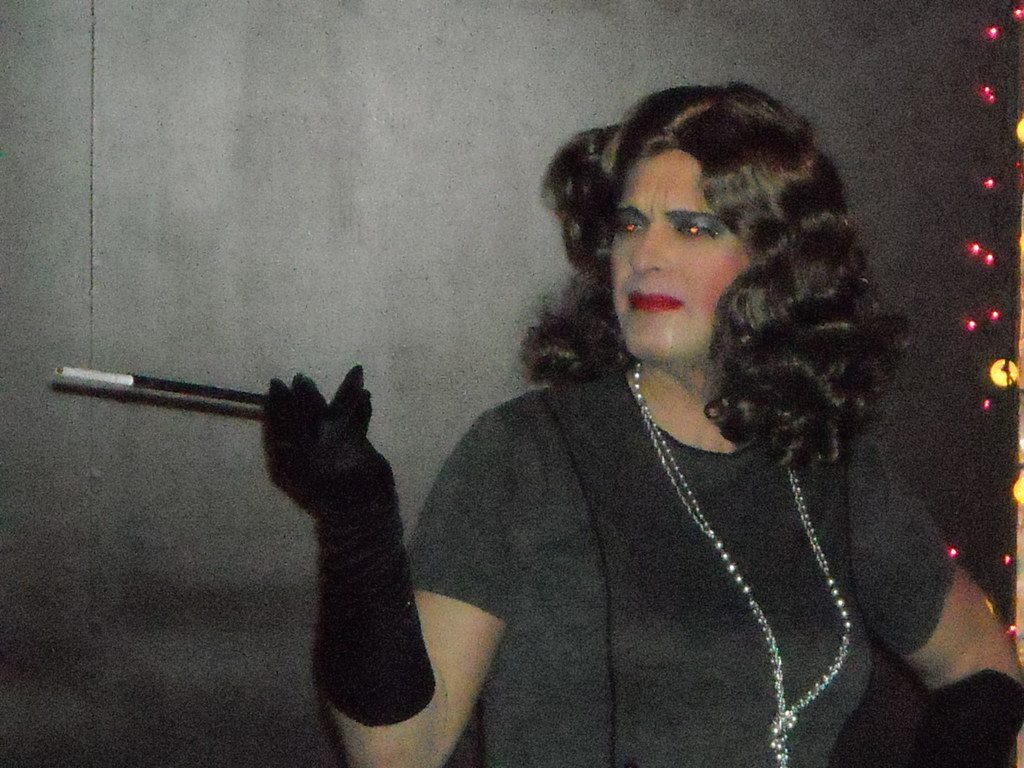
Davis’ relevance for people around the world today really came across in this Talking Movies special. Hopefully, this means that when the British Film Institute honour her in 2021 with a season of films and related events at the BFI Southbank in London, many will turn out to celebrate her achievements. It’s also to be hoped that many will use this as an opportunity to take part in the ongoing conversation about the importance of Bette Davis. For, as such events demonstrate, this great movie star’s importance prevails some thirty years after her death and shows no sign of fading (see the Bette Davis Testimonials section of my website for more evidence of this).
The Talking Movies special on Bette Davis on the BBC News channel can be viewed here https://www.bbc.co.uk/programmes/m000qglg

Be the first to write a comment.